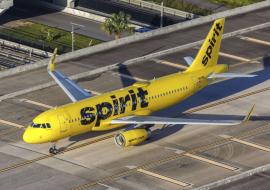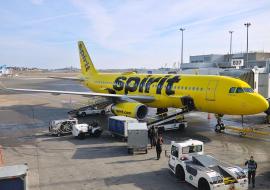Boeing Projects Demand for Over 40,000 New Aircraft by 2044

Boeing anticipates a steady global demand for 43,600 new commercial airplanes over the next two decades, fueled by expanding middle classes, competitive airline networks, and sustainable aviation investments in emerging markets. These regions are projected to account for more than 50% of the world’s commercial fleet by 2044, a significant increase from nearly 40% in 2024.
According to Boeing’s 2025 Commercial Market Outlook (CMO), released ahead of the Paris Air Show, aircraft supply and demand are expected to rebalance by the end of the decade, creating favorable conditions for fleet renewal and expansion. The forecast underlines that resilience remains a defining characteristic of the aviation industry, which has rebounded to a pre-pandemic growth trajectory.
Key trends highlighted in the CMO include an annual 4.2% increase in passenger traffic, expected to more than double by 2044. The global fleet is projected to nearly double as well, reaching over 49,600 aircraft, with about 80% of the current fleet to be replaced—a move that will enhance both efficiency and capacity.
The surge in demand will be led by single-aisle aircraft, which will represent 72% of the global fleet—up from 66% in 2024—driven largely by short-haul and low-cost carriers operating in emerging regions. Meanwhile, the number of widebody passenger aircraft is expected to grow significantly, rising to 8,320 units, reflecting a strong appetite for long-haul service expansion.
The freighter market is also set for notable growth, with nearly two-thirds expansion projected and a demand for 2,900 new and converted freighters, bolstered by supply chain diversification and express freight network expansion. In addition, air networks now connect around 30% more airport pairs than a decade ago, offering travelers increased access to direct flight options.
Finally, consumer spending on travel has fully recovered, reaffirming air travel as a top priority in discretionary spending. Boeing’s outlook signals robust, long-term confidence in aviation, especially in regions where economic growth and aviation infrastructure are accelerating.














